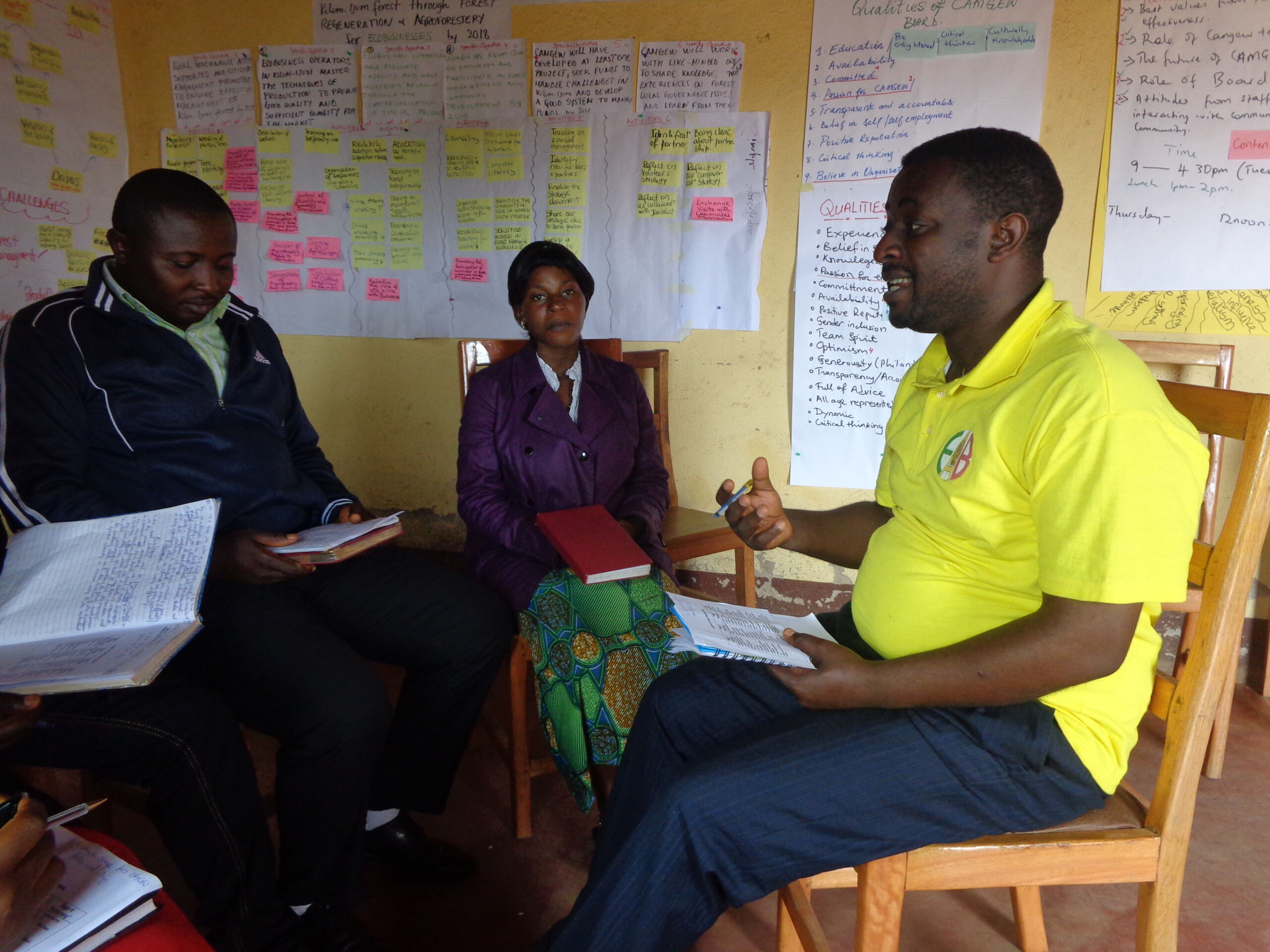2016 started on a fast paced note for us at Well Grounded. Between January and June we carried out 27 interventions for 18 of our clients in three countries in the Congo Basin.
Cameroon Gender and Environment Watch (CAMGEW) works to protect the Kilum-Ijim forest in the North West region of Cameroon. Through our support in the first quarter of 2016, the team was able to define the organisation’s vision and mission. The organisation also developed its global and specific objectives it will work to achieve between 2016 and 2020.
“This process was very useful to us. It has helped us to be clear on our objectives and how we can work to achieve them”, Wirsiy Emmanuel, Team Leader and Founder of CAMGEW said after a two-day working session in February 2016 in Yaoundé.
All 18 clients, like Emmanuel, appreciated the specific tailor-made interventions our organisation development practitioners (ODPs) designed for them.
Our journey has been intense but enjoyable; our ODPs used different approaches to help these organisations to look beyond their current challenges, explore their potentials, identify actions they need to take to overcome any hurdles and sustain their strengths and successes.
From this, we have gathered three key lessons that make our OD practice even richer:
- Give organisations space to think for themselves: As Emmanuel mentions above, they are now clear on their objectives. This happened because his team played a key part in identifying and shaping CAMGEW’s organisational objectives. Our facilitators give room for participants to work individually and in groups; respond to exercises and engage in fun activities all aimed at making them actively participate and contribute to the thinking process.
- Ownership of the process breeds organisational change: Our interventions create an open space for all or most members of organisations to fully and actively participate in the organisation development process. By being fully engaged in the process, sharing ideas, agreeing and disagreeing on views, participants get a grasp of key issues that affect their organisations positively or negatively. In some of the interventions, many of the participants said it was their first time of seeing their team so engaged in contributing to and shaping the ideas and ideals of the organisation, no matter their academic status or position in the organisation. This is helpful because most of the participants take on commitments to impart positive change in the organisation, and become able to lead on the process of change in their organisations post WG’s support.
- No one-size-fits-all rule applies to the OD process: Working with grassroots organisations in different countries in the Congo Basin bring forth new experiences. Their way of thinking and responding to issues are quite different and unique. Thus, our approach to each and every organisation responds to the unique characteristics of the organisations. For example, in conducting a SWOT analysis for organisations, the process will be straightforward for one organisation; this will be different for another one. It will entail a more detailed analysis of the issue, using local proverbs and case studies to contextualise the issue, then initiating discussions on how it can be addressed. This in itself isn’t bad. It portrays how organisations see themselves and their environment.
From our work so far and the enthusiasm of our clients in the region, the future is even more promising. We are delighted because this means that we will be more available to support the growing and hardworking organisations that work at the national and grassroots level to ensure that our forests are safe.

